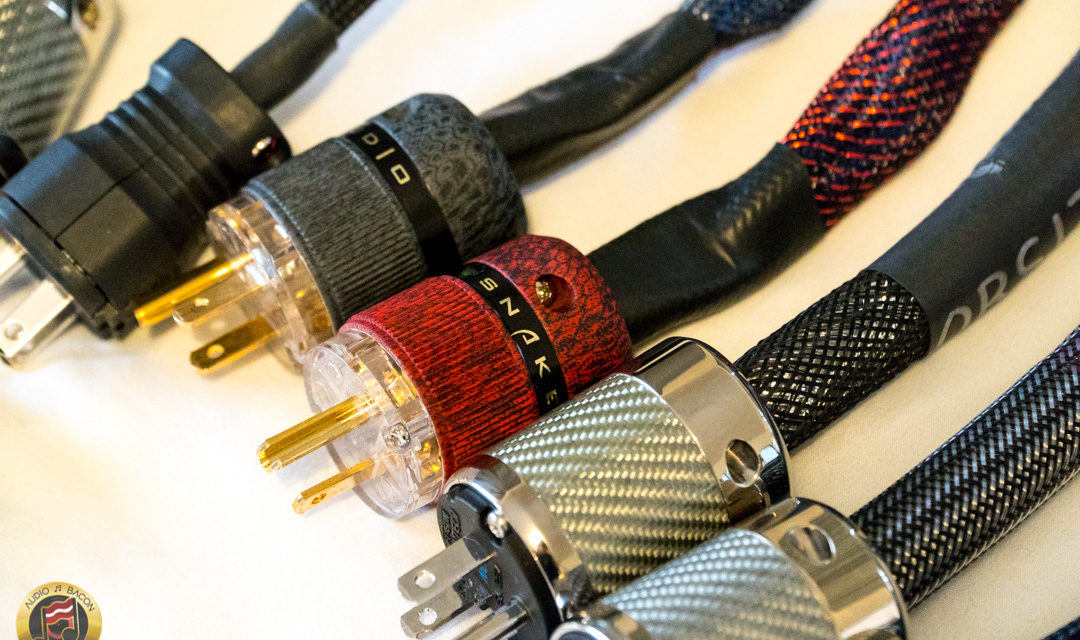Recording music, listening to music, mixing music, etc., all require cables.
If you do anything with music, you know this, and you know that you’re going to have to invest in some cables to listen to the audio you’re creating or enjoying.
When you visit a store like Best Buy or Walmart, you’ll come across several options for audio cables that all range in price.
We’ve been conditioned to think that expensive means better quality, but is that necessarily always true?
When it comes to cables, one type you often hear as being the best are audiophile cables. These are cables that are typically more expensive and are claimed to produce a better higher-quality sound.
Or so they say.
Today we’re going to debunk whether audiophile cables are really worth the price and if you should purchase them over any other cheaper cables.
The first thing you need to be aware of when purchasing audio cables, and before being subjected to false perceptions, is that our music is practically completely digital.
We are continuing to move away from analog into digital, if not completely changed already, so audio cables won’t make much of a difference.
The only reason they would is if you were trying to reciprocate an analog sound. Digital sound produces 0s and 1s, which are encoded information, that will either get there or they won’t.
If you’re just buying speaker cables then really the only thing you need to look for is the length of the cable. Longer cables will make your system sound worse, so make sure they’re as short as possible.
Some cables can cost up to $7,000, like the ANJOU cables by Pear Audio, and they have all kinds of features to them that make up for the price tag.
Supposedly higher grade cables contain things like exotic materials, such as palladium, that are more conductive, added deisgn features like built-in electornic filters, among other things, to get you the best sound.
However, these things are really only noticeable if you have an expensive system to match.
If you’re playing the audio on a system that costs less than your cables, you’re likely not to hear much of a difference, but if you’ve got a pretty nice set up with high-grade equipment, then you may be able to notice a difference in what cables you’re using.
Unless you’re, for lack of a better word, a snob for audio, you probably won’t need to purchase or notice a difference in using audiophile cables.
So, to put everything in simpler terms, audiophile cables are only worth it if you’re already investing heavily in the rest of your audio equipment; if not, then it’s not worth the purchase.
You can get good audio cables within any budget, the only thing you should look for in your cables is that they have good conductivity, shielding, and connectors.
To get the best conductivity, check to make sure your cables are oxygen-free, multi-stranded copper cables, or OMFC, and the thicker, the better.
Your cables should also have at least two shielding layers under the insulation, which can be foiled shield or braided shield.
Gold-plated connectors are best for cables because the metal has low electrical resistance and will transmit the signal from the wire to your speaker with little degradation.
